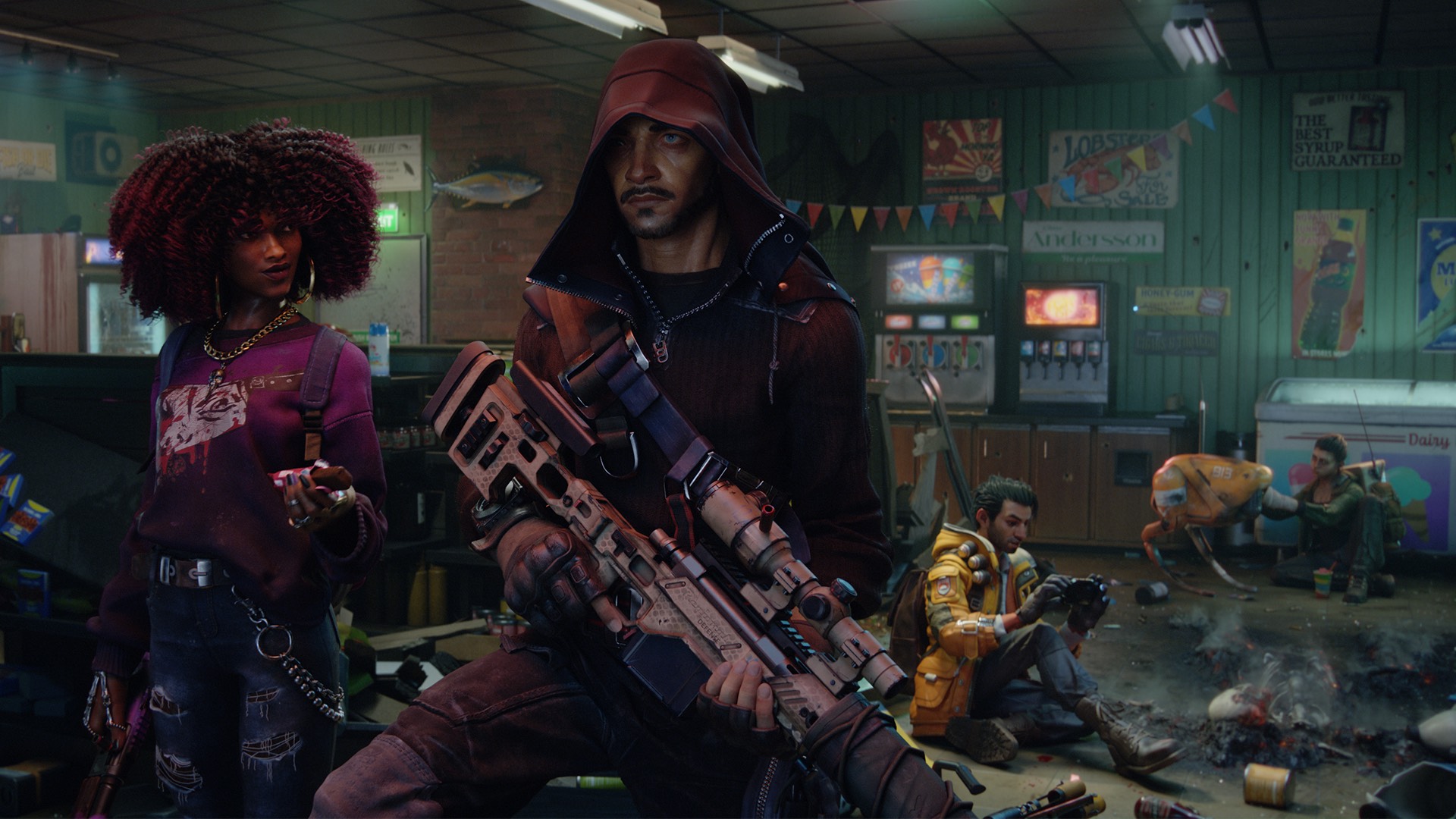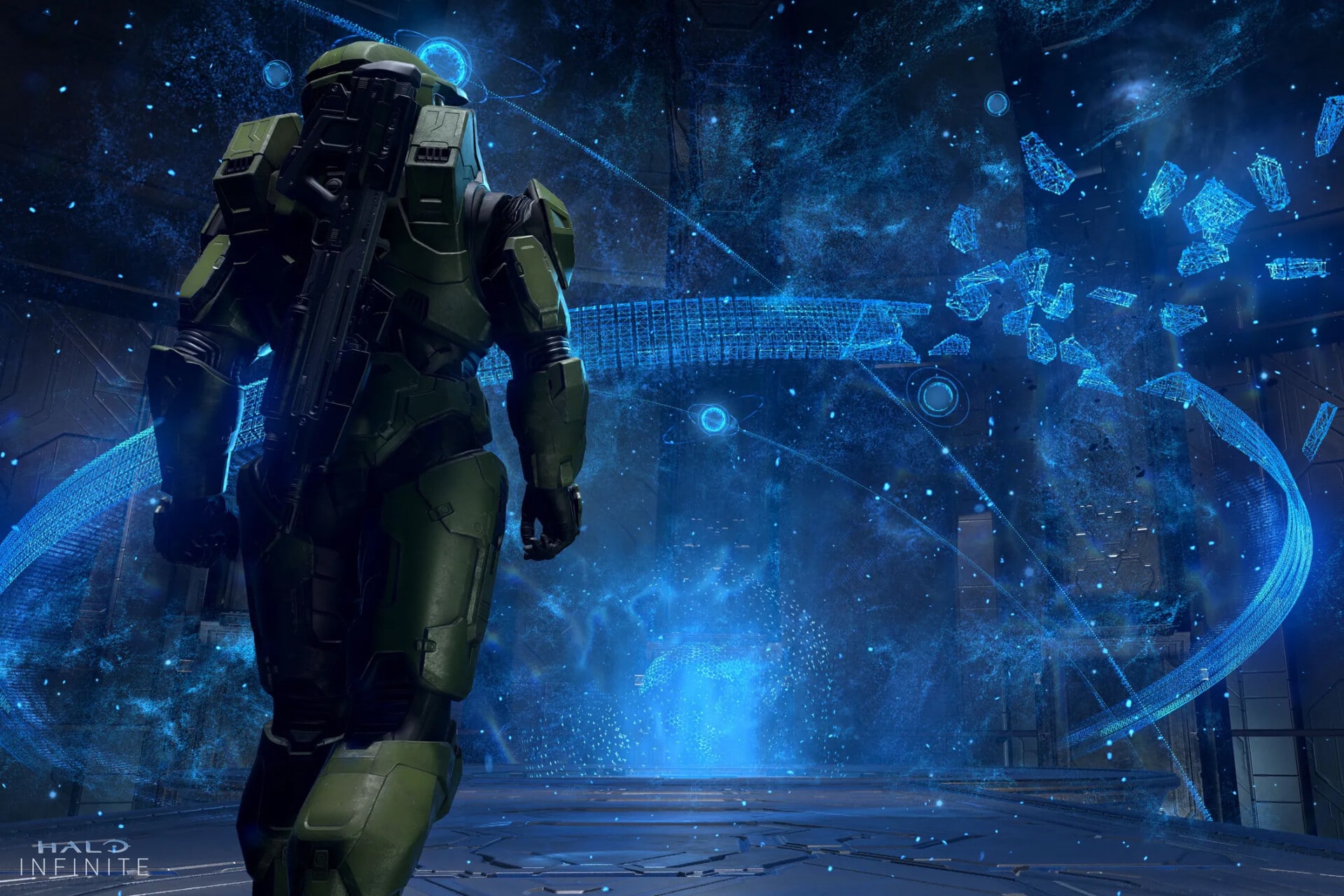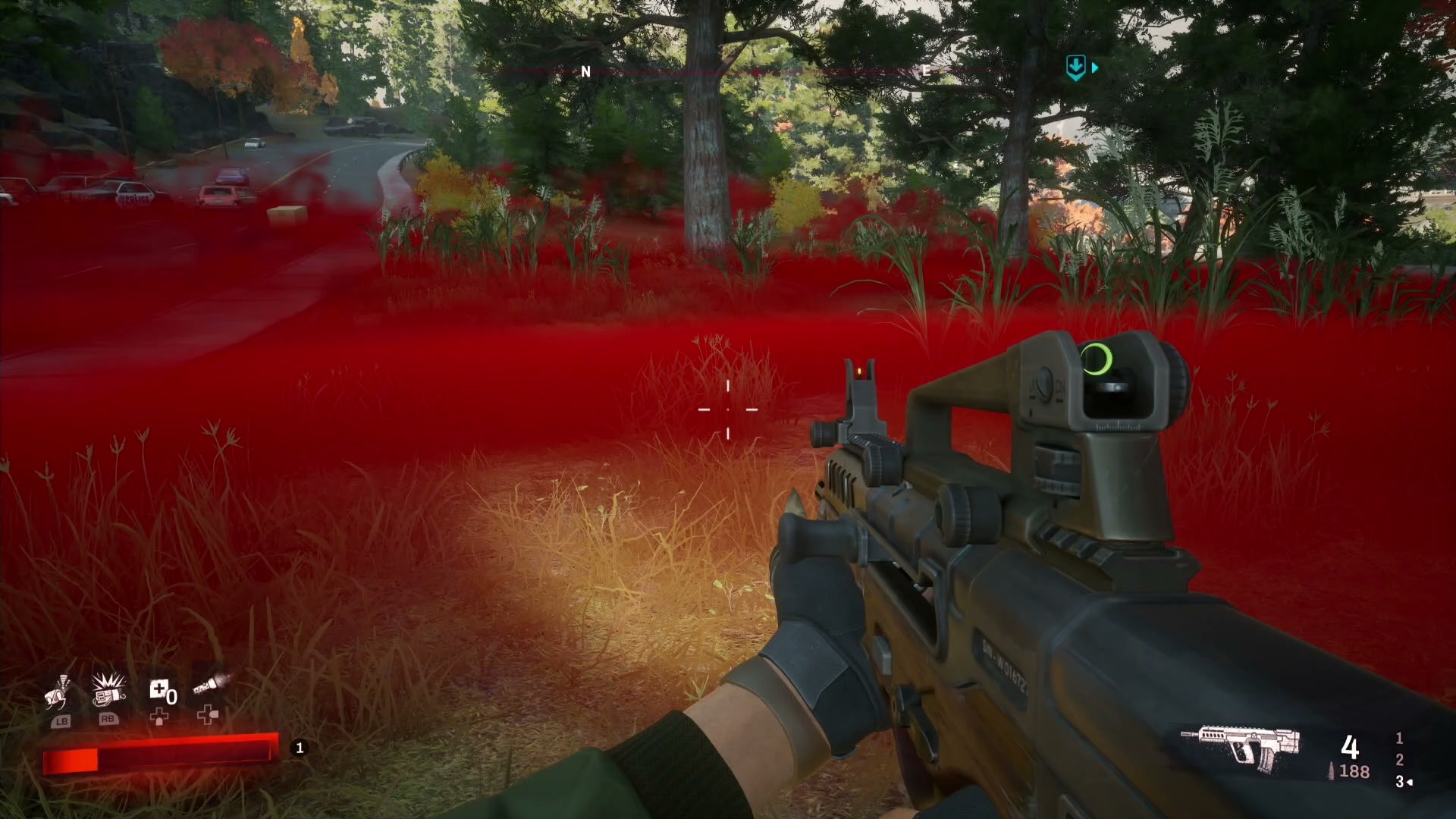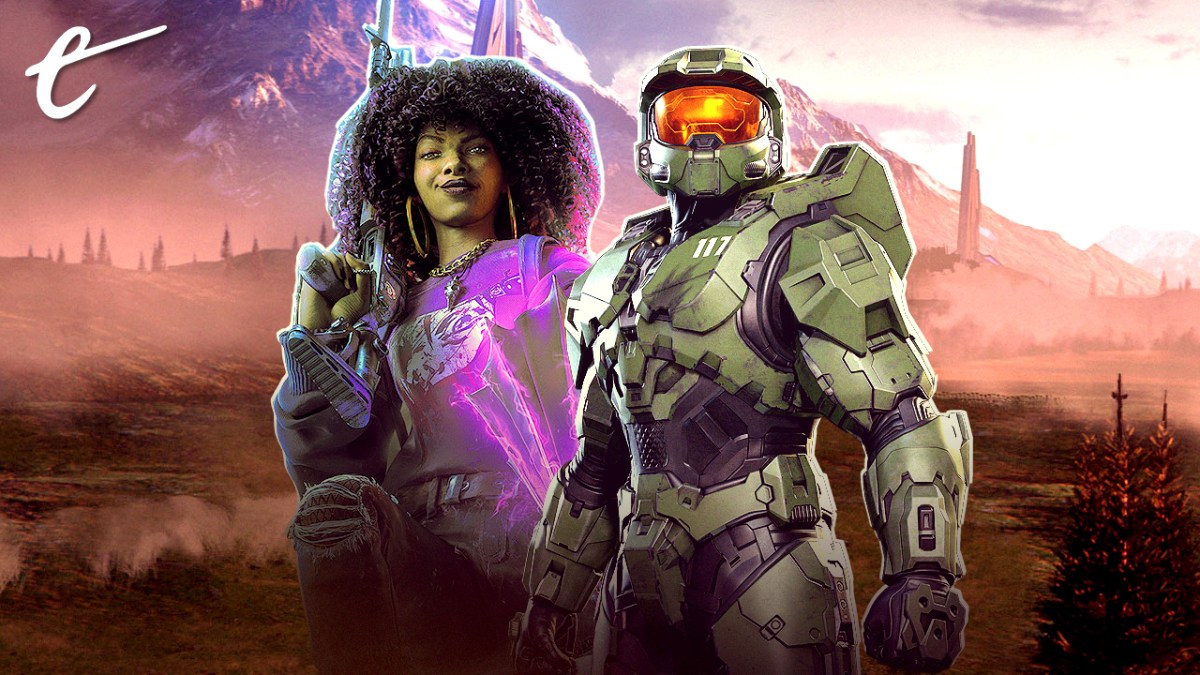We’ve known for a while that Microsoft doesn’t see itself as being in direct competition with Sony and Nintendo. While those two focus on flagship products like Marvel’s Spider-Man 2 and The Legend of Zelda: Tears of the Kingdom to sell boxes, Xbox has increasingly set itself up as a service offering, primarily through Game Pass: It’s the “Netflix of video games” idea. It’s not new, but Xbox CEO Phil Spencer recently reiterated it, in the process laying bare that it’s adopting the bad alongside the good of the business model.
It came about following Redfall becoming another Xbox exclusive to land with all the impact of a rotten fish. There’s social media sentiment that the executive team struggles with recognizing great games. The list of mid games is as long as the list of good games, not to mention the widespread murmurings of troubled development at multiple studios. I’m not interested in relitigating those issues. Instead, I want to point out something that Spencer said in a recent interview with Kinda Funny.
First, “There is no world where Starfield is an 11 out of 10 and people start selling their PS5s.” This implication of a zero-sum market is bleak, but it’s even more bleak in combination with the fatalism of the broader interview. If Xbox can’t compete in the old way, then it has to compete in a new way — and that new way is not synonymous with building great games, as Spencer explained:
I see commentary that if you just build great games, everything would turn around. It’s just not true that if we go off and build great games all of a sudden you’re going to see console share shift in some dramatic way. We have this unique vision because we see what creators want to do. Creators want to build games that can meet players on any screen.

He may well be right. Truly passionate creatives want their work to reach as broad an audience as possible, but that goes hand in hand with wanting that work to be worthwhile. With these statements, he’s trying to shift the responsibility for baseline quality from the executive team to the creative teams: If Arkane Austin or 343 Industries or Interior Night has failed, it’s because they had too long of a leash to do whatever they wanted.
It’s a graceful bit of spin taken at surface value. It absolves Spencer and Xbox Studios Head Matt Booty of blame and puts the onus instead on the creative teams. A subset of the audience will buy into that, citing a need for better staff, less wokeness, more awareness of their product, or whatever else their armchair analysis suggests will fix the problem. However, focus on the first half of that paragraph, and the ideology that underpins Spencer’s vision for the brand comes into stark relief:
The goal isn’t to have the best games. It’s to have the most games.
If you have enough content, you can embed consumers within your infrastructure, especially when it comes to multiplayer games. Ergo, the uninspired launches of Redfall, Halo Infinite, and Bleeding Edge weren’t accidents. Sure, two of those were inherited projects, but Microsoft was happy to push them out the door, tainting the reputation of development teams with a pedigree of single-player excellence in the process, all in the name of content.

It also explains why Microsoft is so desperate to convince regulators to let it buy Activision Blizzard. Call of Duty is the undisputed jewel in the crown of content, with a massive built-in audience. It’s similar to Netflix licensing Friends or Seinfeld or any other show that fans find comfy. People will subscribe for that alone, and Netflix can then capitalize on having those eyeballs in its ecosystem. And the more content there is, the more likely that is to happen.
The goal of Xbox to be the Netflix of video games isn’t aspirational; it’s intentional. And sure, to some degree, it’s inevitable that the scattergun approach to creating content will result in some greatness. You’ll get the occasional Roma, The Power of the Dog, or The White Tiger. Hopefully that’s what Starfield is. But the vast majority of what’s available is grist.
To be fair, there’s a lot of grist on Netflix I enjoy. Personally, I love that it (alongside Rakuten Viki and SBS On Demand here in Australia) means I can easily find foreign-language content that would be much more difficult or expensive to access without streaming. That said, if the head honchos at Netflix came out and admitted they weren’t interested in seeking out great films and series, well…
And none of that is to say that Game Pass doesn’t offer incredible value to gamers, nor does it suggest that Game Pass shouldn’t be used to give developers free rein. To me, small, experimental projects like Pentiment and Hi-Fi Rush are more appealing than Halo Infinite or the inevitable Gears 6. The same aspiration of greatness has to be applied across the board.

So far, Game Pass hasn’t proven its value in that area. Sure, it can pay for itself, but Sony’s and Nintendo’s adherence to traditional business models has seen them deliver hits with relative consistency across scales and publishing relationship, from God of War Ragnarok and Sackboy: A Big Adventure to (probably) The Legend of Zelda: Tears of the Kingdom and Metroid Dread. Game Pass hasn’t yet proven that it can support Xbox Game Studios to deliver the same, with a dearth of new titles across 2022 and patchy performance prior despite being a going concern since 2017.
Multiple games, including Tell Me Why and Battletoads, have felt like chaff to plug the schedule. But just because upcoming internal and external projects like Compulsion’s Project Midnight or Oxide’s Ara: History Untold are smaller doesn’t mean Microsoft should treat them as chaff. The fact that these are passion projects rather than franchise products should be enough to counteract that. The creative impulses that gave us Hellblade: Senua’s Sacrifice, Pentiment, and Forza Horizon should guarantee that Hellblade 2, Avowed, and Fable live up to the expectations set by their predecessors.
However, for as much faith as I have in these teams, Spencer’s comments call that into doubt. That doubt is augmented by Redfall, State of Decay 2, As Dusk Falls, and more. Games both big and small have come up short. And sure, not everything needs to be a hit, but Xbox’s exclusives need a better strike rate. If the Xbox executive team isn’t pulling out all the stops to ensure improvement — to make great games an imperative — then its goal of being the Netflix of games is a bust, and we’ll all be the poorer for it.






Published: May 9, 2023 11:00 am